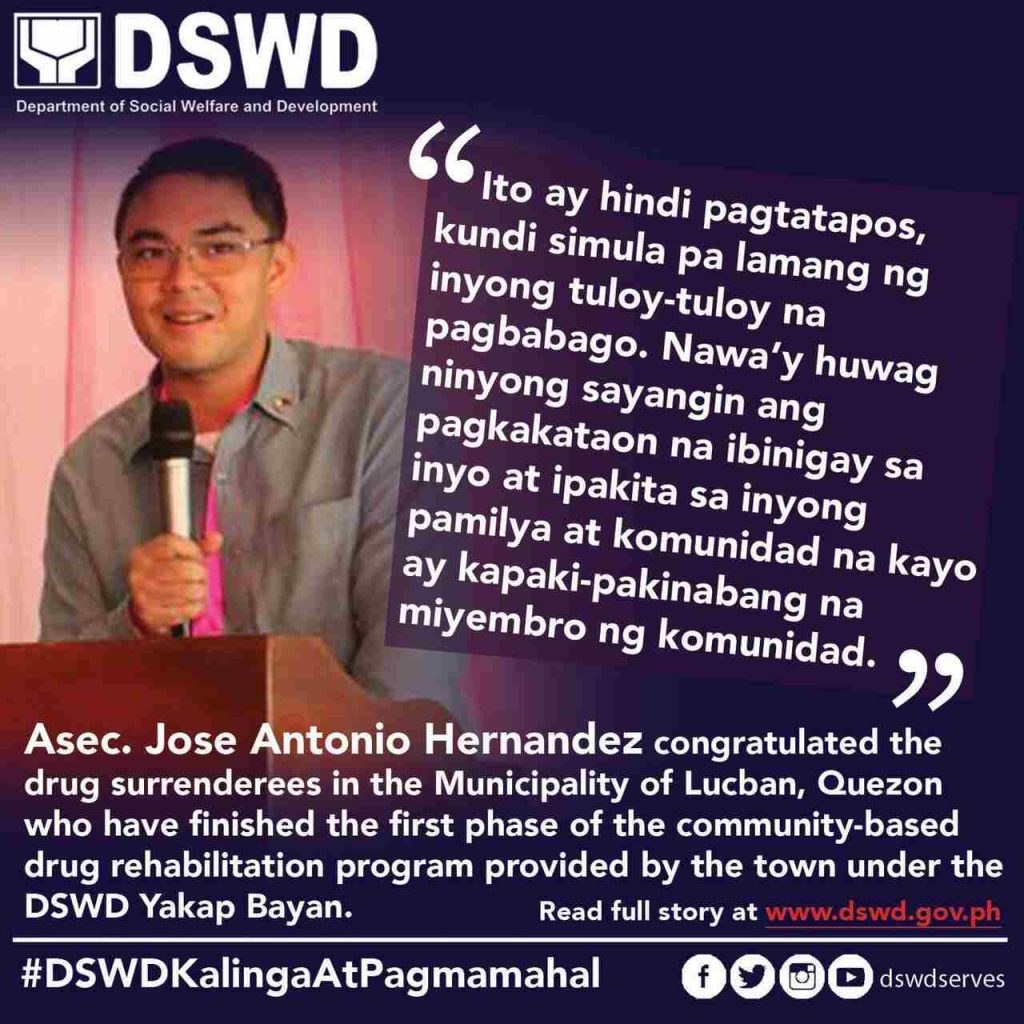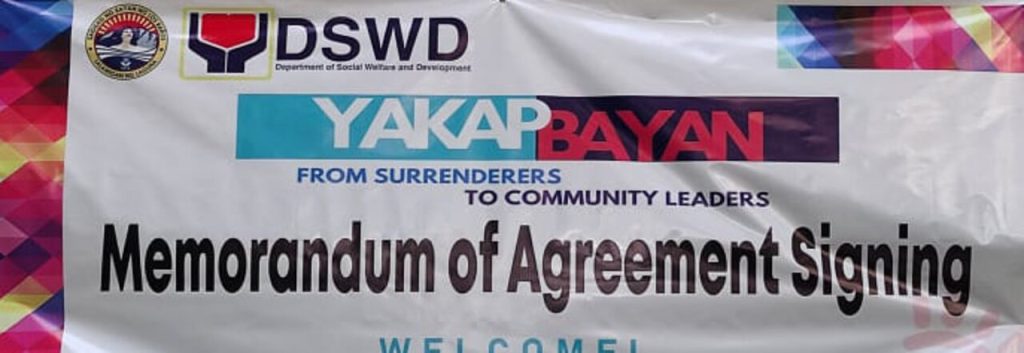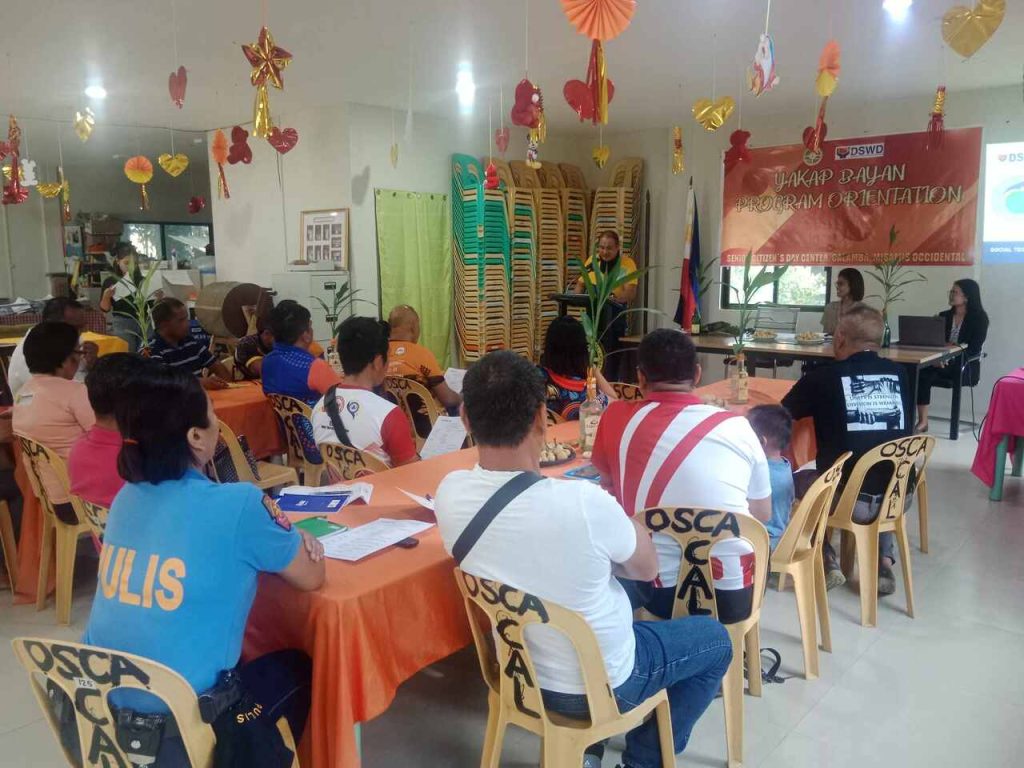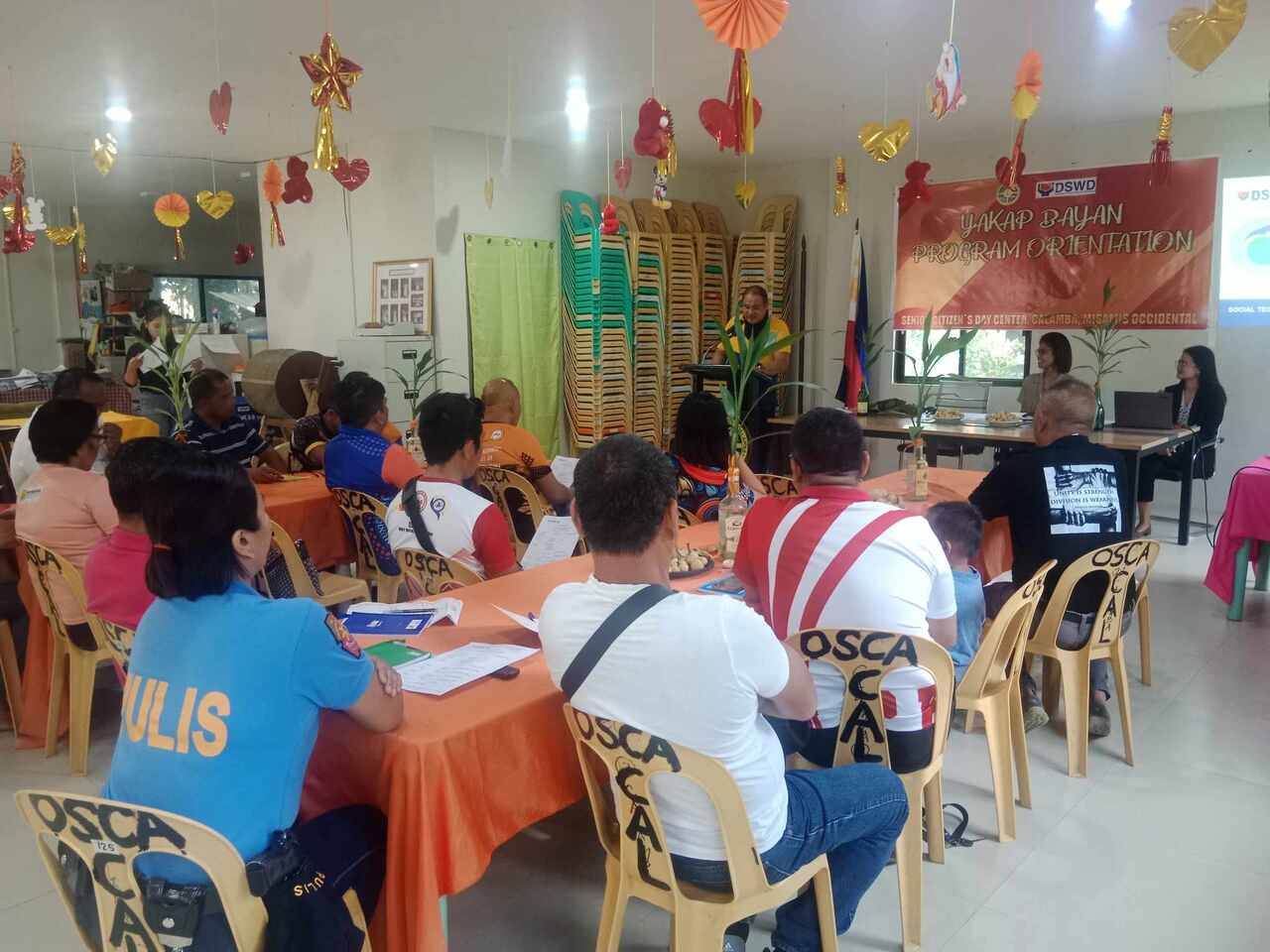The Department of Social Welfare and Development’s (DSWD) Yakap Bayan Program (YBP) is a government initiative aimed at supporting recovering individuals who have previously used drugs (RPWUDs). This program provides a holistic approach to recovery, focusing on social reintegration and sustained lifestyle change. Local government units (LGUs) and multidisciplinary teams administer the YBP, offering various services like health and fitness programs, spiritual guidance, skills training, and family counseling. Understanding the Yakap Bayan Program is essential for those seeking assistance for themselves or their loved ones as it helps them access much-needed support for recovery.
In this guide, we’ll cover the program’s purpose, benefits, application steps, and eligibility criteria. If you or someone you know is in need of financial assistance, skills development, or rehabilitation support, this guide provides detailed information to help you apply and succeed within the Yakap Bayan framework.

What is the DSWD Yakap Bayan Program?
The Yakap Bayan Program was designed to help RPWUDs reintegrate into their communities with the support of the DSWD and LGU Anti-Drug Abuse Councils (ADACs). Through this initiative, beneficiaries gain access to aftercare services, including mental health counseling, capacity-building workshops, and livelihood programs. The goal is not only recovery but also sustained lifestyle changes that contribute to a healthier community. By involving families and communities, YBP ensures a network of support for each beneficiary, enhancing the likelihood of successful reintegration.
The YBP stands out for its emphasis on family and community involvement. With trained social workers as case managers, the program addresses recovery from various angles, including relationship restoration, community reconciliation, and personal empowerment. This multi-dimensional approach helps clients avoid relapse and encourages their overall well-being.
Key Objectives of the Yakap Bayan Program
The YBP has specific objectives that focus on the holistic well-being of RPWUDs and their families. Its goals include:
- Social Reintegration: Equip RPWUDs with skills and tools to reintegrate smoothly into their communities.
- Coping Skills Development: Provide beneficiaries with life skills necessary to manage daily challenges post-recovery.
- Family Involvement: Empower family members to act as co-partners in the recovery process.
- Supportive Environment Creation: Foster a community atmosphere conducive to recovery and growth.

These objectives ensure that both RPWUDs and their families gain resilience, contributing to a supportive environment for recovery.
Program Framework and Components
The YBP is based on a four-phase structure, each focusing on different recovery aspects:
Stage 1. Initial Screening and Intervention: Beneficiaries undergo medical and psychological evaluations to determine specific needs.
Stage 2. Skills Training and Livelihood Development: Participants receive vocational training to enhance employability and reduce financial dependence.
Stage 3. Health and Wellness Activities: Focus on physical and mental health through sports, recreation, and spiritual guidance.
Stage 4. Follow-Up and Community Support: Continuous support through peer mentoring, family counseling, and aftercare monitoring.
Each phase is tailored to meet the client’s evolving needs, from basic intervention to community reintegration, ensuring sustainable progress.
Benefits

The DSWD YBP provides a range of benefits to aid in the full reintegration of individuals recovering from substance use. These benefits address both immediate needs and long-term stability, ensuring a supportive transition back into the community. Key benefits include:
- Access to livelihood training and job placement assistance.
- Counseling and mental health support services.
- Educational assistance for skill enhancement and personal growth.
- Medical care, including continued support for substance use recovery.
- Financial support for basic needs during the reintegration period.
- Community support and mentoring to foster a sense of belonging and purpose.
- Opportunities for participation in community programs and projects.
Target Beneficiaries
The YBP is dedicated to assisting individuals recovering from drug use and their supportive networks. It prioritizes those who have completed primary treatment and extends assistance to family members and communities to foster a comprehensive recovery environment.

Target beneficiaries include:
- Recovering Persons Who Use Drugs (RPWUDs) of any age, gender, and orientation who have completed primary treatment.
- Children Who Use Drugs (CWUDs) under voluntary or court-mandated admission.
- Voluntary surrenderers and those under plea bargaining.
- Family members of RPWUDs who wish to support their loved ones in recovery.
- LGU service providers and law enforcement members who engage with RPWUDs.
Eligibility Criteria
To qualify for the DSWD YBP, applicants must meet specific criteria ensuring they are prepared and capable of benefiting from recovery support services. The program evaluates eligibility based on treatment completion and readiness for reintegration, along with other requirements as follows:
- Completion of primary drug treatment, either community-based or facility-based.
- Aged individuals who have shown commitment to recovery and reintegration.
- Submission of relevant documentation, including certificates of treatment completion and psychological assessments.
- Willingness to actively participate in aftercare and reintegration sessions.
- Family consent and involvement, where applicable, to support recovery and reintegration efforts.
Documentary Requirements
Applicants to the YBP must submit specific documents to verify their eligibility and readiness for reintegration. These documents ensure proper assessment and facilitate individualized support within the program. Required documents include:
- Certificate of Completion from a recognized drug treatment or rehabilitation facility.
- Psychological or psychiatric assessment report.
- Proof of identity, such as a valid ID (government-issued or community-based).
- Endorsement or referral letter from the local government unit (LGU) or a treatment facility.
- Consent form signed by the applicant and, if applicable, family members.
- Police clearance or barangay certification, depending on individual case requirements.
How to Apply for the Yakap Bayan Program
Applying for the YBP involves several steps, which help ensure that each applicant is suited for the available services and support:
Step 1. Visit Your Nearest DSWD Office: Begin by visiting the DSWD office closest to your location. Staff members will provide guidance on the initial steps.
Step 2. Complete the Application Form: Fill out an application form with personal details, recovery background, and support needs.
Step 3. Interview and Evaluation: DSWD personnel will conduct an interview to assess eligibility and assign an appropriate case manager.
Step 4. Enrollment in Program Activities: Upon acceptance, beneficiaries will attend scheduled activities, counseling sessions, and skills training workshops.
Throughout the program, social workers will monitor your progress, offering guidance and adjusting support based on your needs. Post-program, beneficiaries can still access additional resources and community support to sustain recovery.
Where to Get the Yakap Bayan Application Form
To apply for the YBP, visit the nearest DSWD office. The staff will provide you with the application form and guide you through the submission process. For more details, you can also contact the DSWD or check their official website for additional program information and resources.
Video: Understanding the Yakap Bayan Program
For a closer look at the YBP, watch this informative video shared by Ronald Latong via the Youtube channel named, Ronz lance. The video highlights the program’s purpose and the impact it has on the society.
Summary
The DSWD YBP is a comprehensive initiative designed to support RPWUDs and their families through a structured recovery process. By addressing each beneficiary’s health, skills, and social needs, the program fosters a supportive environment conducive to long-term recovery. Through its four-phase approach and family-focused services, YBP not only helps individuals overcome addiction but also strengthens community bonds. For more information on how to apply, visit your local DSWD office, complete the application, and start your journey towards a healthier future.
